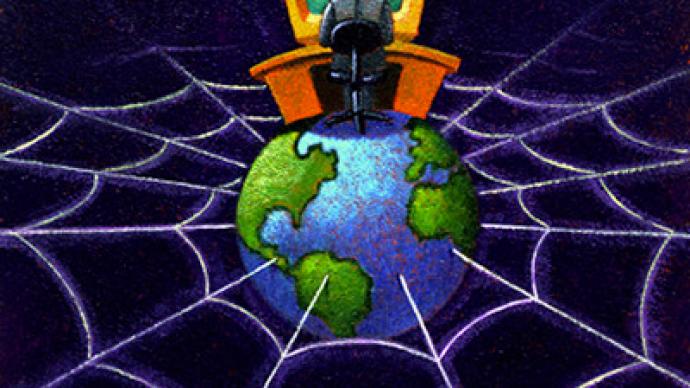Internet providers pull the plug on downloaders

If the Recording Industry Association of America doesn’t send you a nasty letter in the mail for that Steely Dan album you downloaded, you might not necessarily be quite off the hook.
Internet service providers in the States are considering slowing down connection speed and even kicking customers offline if they are caught with copyright violations.Those are some of the “best practice” recommendations that Time Warner, Verizon, AT&T, Comcast and Cablevision Systems — some of the biggest ISPs in America — said on Thursday that they were discussing. The Center for Copyright Information is suggesting that Internet providers adopt these policies in the ongoing effort to discourage customers from downloading and sharing material illegally.Internet providers are insisting on a “six strikes” plan that will give customers half a dozen warnings as they are caught with copyrighted material. Major entertainment companies, including EMI, Sony, Disney and Warner Bros all seem to think that this process could cut illegal file sharing by up to 70 percent.A 2007 study from the entertainment industry says that online piracy costs the US economy over $50 billion every year, which includes 373,000 lost jobs."Frequently, independent producers and distributors are hit the hardest by content theft. This agreement is a textbook example of the private sector working cooperatively to help solve a glaring economic problem while protecting consumers," Jean Prewitt, President & CEO of the Independent Film & Television Alliance, tells the IB Times.For each infringement, the content owner will have to contact the accused’s ISP and inform them of an alleged violation. Strikes one through four will be email warnings of increasing severity, but strike five will discuss “mitigation measures.” Here is where ISPs might suspend your Internet connection for a time until you speak to them about "educational information" regarding copyright laws. They also might decide to limit your connection.The fifth strike might not necessarily lead to punishment, but it is mandatory at strike six. Once you hit strike five or six, ISPs could consider terminating connection altogether.And if that sounds like a problem, you could always file an appeal. For $35, that is. "We anticipate that very few subscribers, after having received multiple alerts, will persist (or allow others to persist) in the content theft,” reads a statement from the Center for Copyright Information."We are confident that, once informed that content theft is taking place on their accounts, the great majority of broadband subscribers will take steps to stop it," says National Cable & Telecommunications Association President James Assey in a statement.The White House too has commented, saying that the CCI should “have a significant impact on reducing online piracy.”File-sharing has been a hot-topic among artists and industry big-wigs since it became fast and easy at the dawn of the twenty-first century. Rock group Metallica famously sued 20 of their fans in 2000 for sharing their songs on the Napster platform. Back then drummer Lars Ulrich made a statement that "[It's] sickening to know that our art is being traded like a commodity rather than the art that it is."Eleven years later, downloading “Enter Sandman” might not get you in a courtroom, but it could cost you your connection.













